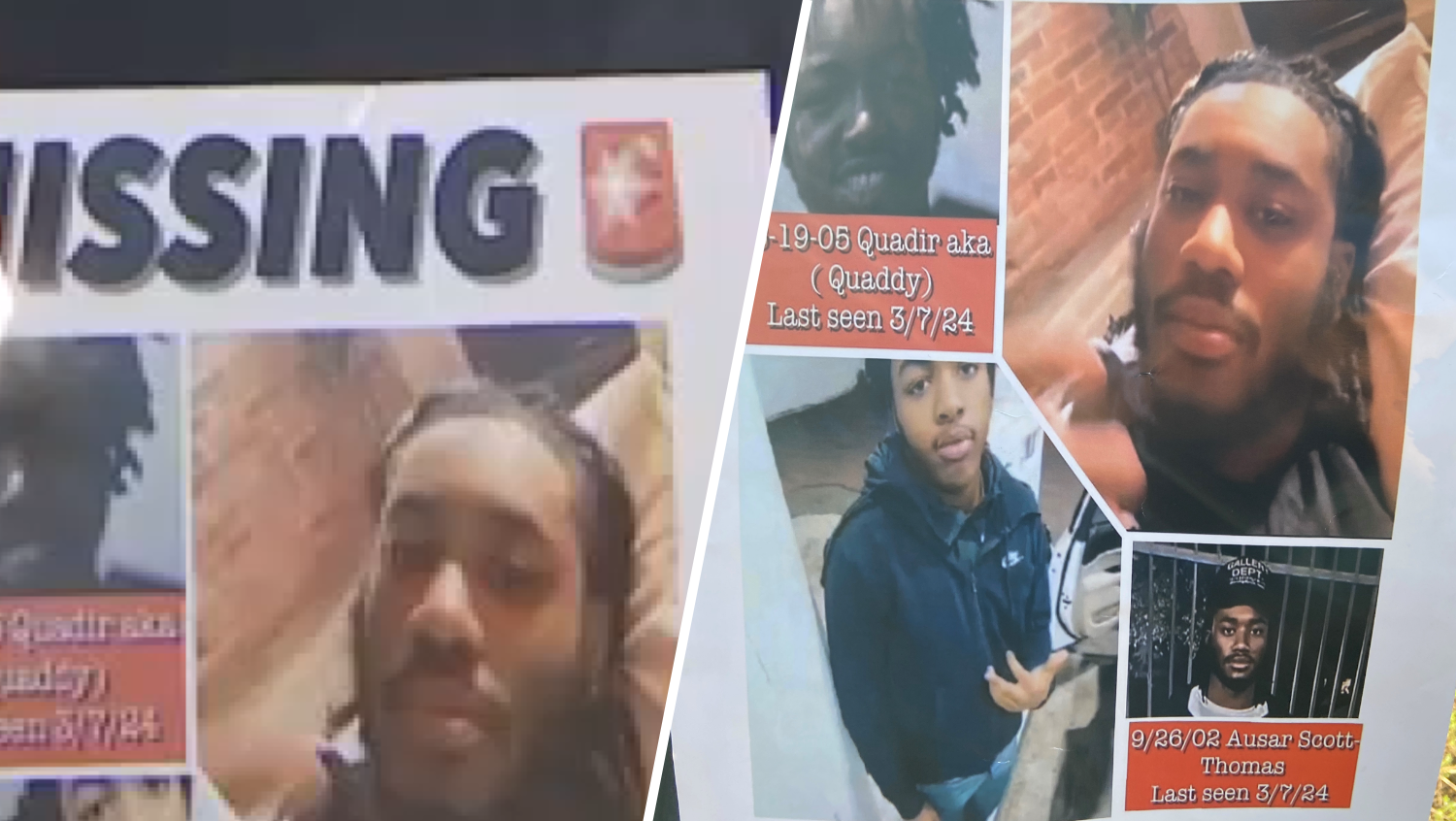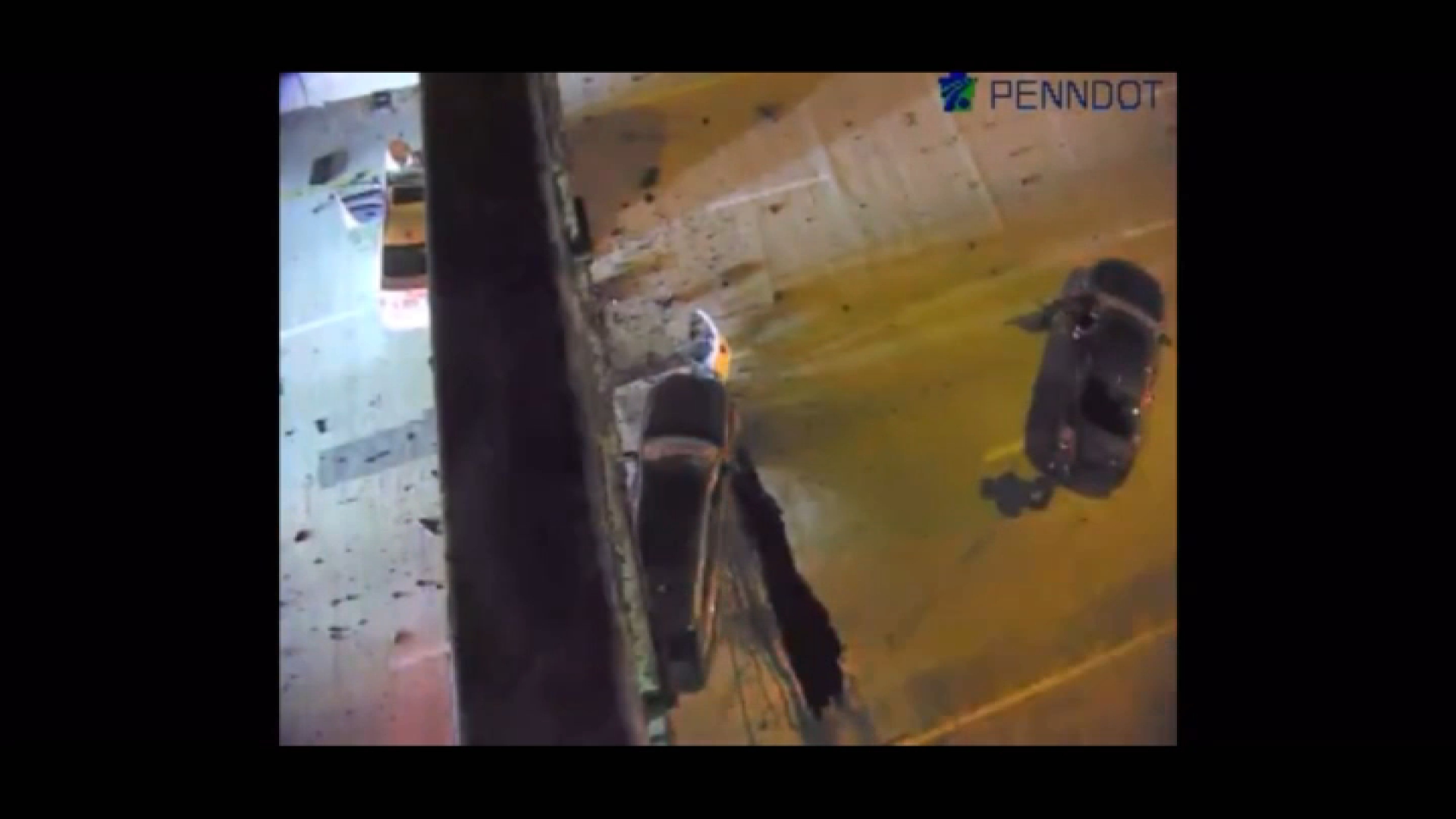A Johnson & Johnson subsidiary should pay the state $136 million over deceptive drug marketing of an anti-psychotic drug, South Carolina's highest court ruled this week, upholding penalties against the company but reducing the amount.
The decision by the state Supreme Court more than halved the original penalties levied against Janssen Pharmaceutica, Inc., by a Spartanburg County jury.
In 2011, a trial court ordered the drugmaker to pay $327 million, saying Janssen broke the law by downplaying to doctors the links between diabetes and Risperdal and by improperly claiming the drug was safer than competing medications, like Eli Lilly & Co.'s Zyprexa.
Circuit Judge Roger Couch assessed a $300 penalty per sample box of the drug that was distributed. He also assessed a $4,000 penalty per publication of the "Dear Doctor" letter, writing that Janssen knew Risperdal was associated with health problems but intentionally hid studies to that effect, instead telling doctors their drug led to lower incidence of diabetes and weight gain than a competing medicine.
That total penalty was the largest drug marketing award in state history and the largest penalty levied for violations of the South Carolina Unfair Trade Practices Act.
Risperdal was introduced in 1994 as a "second-generation" anti-psychotic drug, and it earned Johnson & Johnson billions of dollars in sales before generic versions became available. The drug is used to treat schizophrenia, bipolar disorder and irritability in autism patients.
During a hearing in 2013, attorneys for the drug company argued before the South Carolina Supreme Court that the award should be overturned, saying Janssen - a subsidiary of New Brunswick, New Jersey-based Johnson & Johnson - didn't mean any harm and hurt no one. Drug company representatives did not immediately return a message seeking comment on the high court's decision.
Local
Breaking news and the stories that matter to your neighborhood.
This week, the justices said the penalty must be reduced because of South Carolina's three-year statute of limitations on such cases.
"It was error to award the State civil penalties for violations in connection with the labeling claim outside the statute of limitations," the court wrote. "An award for civil penalties within the statute of limitations was proper."
In 2013, Janssen announced a $181 million settlement with 36 states and the District of Columbia. Janssen admitted no wrongdoing, and South Carolina was not part of that deal.
Last year, the Arkansas Supreme Court declined to reconsider its decision that threw out a $1.2 billion judgment against the company over allegations it violated the state's unfair trade practices act in improperly marketing Risperdal. A year ago, the Louisiana Supreme Court overturned a $330 million verdict against Janssen.
Janssen agreed to pay $5.9 million to settle a lawsuit with Montana. Two similar cases in Pennsylvania and West Virginia were eventually dismissed.



